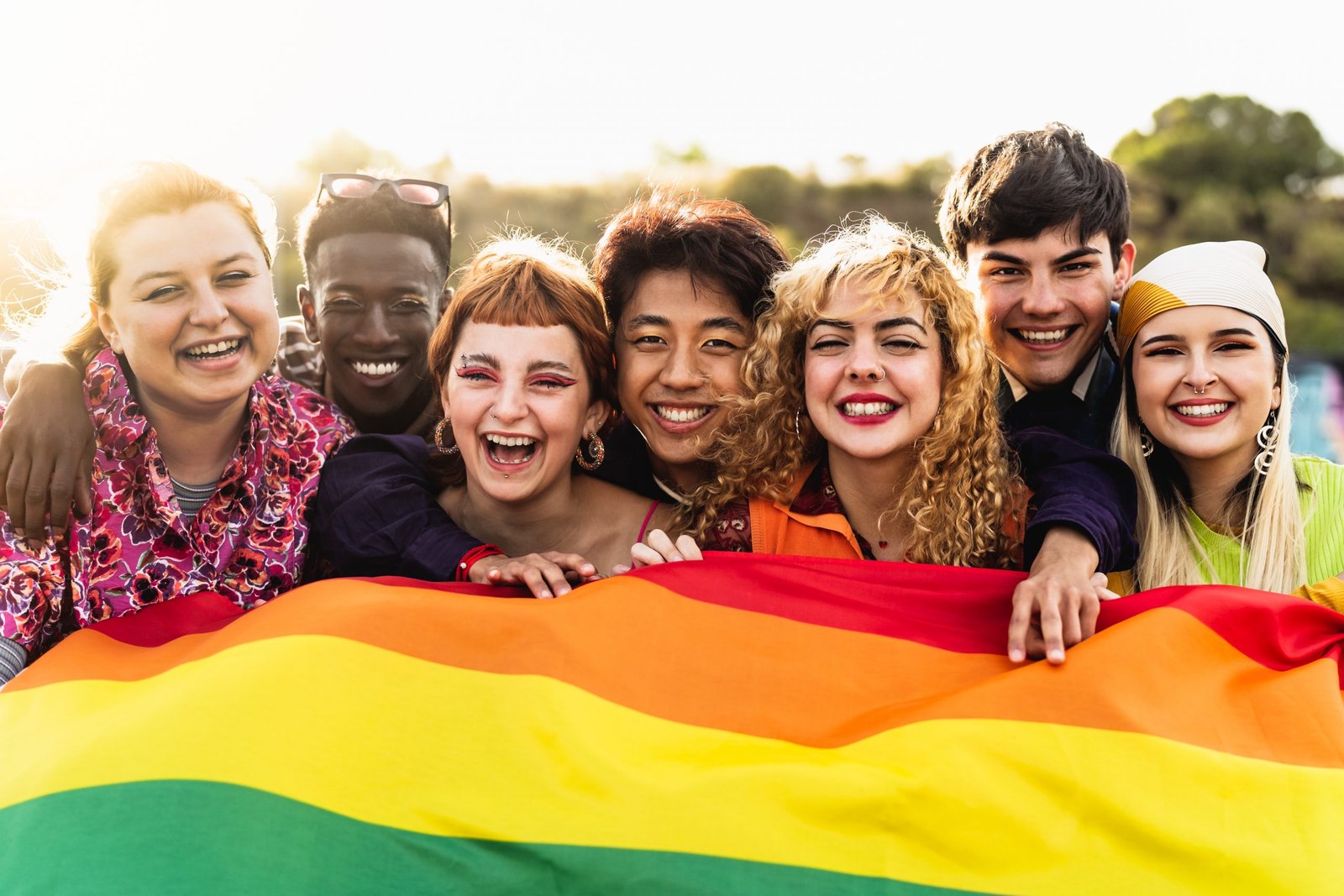Abayas were banned in French schools
In France it will be forbidden to wear to school the abaya (for girls) and qamis (for boys), the long tunics that leave only the head, arms and legs uncovered and that represent the traditional clothing of Islamic culture and religion. This is what the new Minister of Education decided Gabriel Attalbased on the figures given to the country in the last few days: in the school year just ended, reports of acts contrary to secularism increased by 120% compared to the previous year.
A decision made in the name of secularism, therefore, and on the basis of the so-called law for secularism in schools, which since 2004 has banned the display of religious symbols and clothing in institutions. For Attal, wearing the abaya is “a religious gesture, with the aim of testing the resistance of the Republic to the secular sanctuary that should be the school. When you walk into a classroom, you shouldn’t be able to tell the religion of the students by looking at them,” he told TF1.
Protests from the Muslim community were immediate, with French Council of the Muslim Faith (Cfcm) who underlined that the abaya is not a Muslim religious symbol, but a cultural tradition. According to Haoues Seniguer, a professor at the IEP in Lyon and an expert on Islamism interviewed by AFP, its use is “more ambivalent than a veil”. Their ban, as defined by the 2004 Act, is therefore complex and far from obvious. The debate has predictably also sparked on social media, where many people are also sharing photos of dresses that mirror the abaya line, but don’t actually wonder where the difference is.
Strasbourg Court condemns Italy: the rights of a child born through surrogacy have been violated

Cultures
Homogeneous families: end of rights? Interview with Francesca Vecchioni
From the ECHR, European Court of Human Rights, an important decision is coming to protect the rights of children born through surrogacy. The Strasbourg Court indeed found that the Italian state has violated the rights of a little girl born in 2019 in Ukraine using it surrogacypreventing legal recognition of the racial relationship with the biological father and rendering her stateless.
The story dates back to 2021, when the child’s biological father and intended mother, both Italian citizens, filed an appeal after being repeatedly denied legal recognition of the relationship with the child by the Italian registries and courts. A refusal that left the little girl, now 4, in a state of “great legal uncertainty,” preventing them from having identity documents, health cards, access to health care and public education.
The Court, accepting the appeal, underlined that “the Italian courts failed to fulfill the obligation to take a speedy decision establishing the legal relationship of the child with the biological father”, determining that the Italian authorities should pay the little girl 15 thousand euros for moral damage and 9,536 for the legal costs incurred by the biological father and the intended mother. An important step to protect all children born through surrogacy and their right to recognition, an issue that has been raging in Italy for some time.
Sexual innuendo at work is harassment
He fired an employee for throwing a tantrum sexually suggestive to a colleague or colleague And legal. This was found by the Court of Cassation in a landmark decision, which came at the end of a story involving a bartender who was fired after a colleague reported numerous sexual insinuations made to her.
As explained by Studio Cataldi, which published the sentence, the appeals court had rejected the dismissed employee’s complaint against the decision by which court of Arezzo had declared the dismissal legal. Specifically, the second-degree motion held that the man’s conduct, unwanted verbal sexual innuendos, reported on two separate occasions by the employee, was “capable of harming and insulting the dignity of a colleague”, and was therefore just cause for dismissal.
And it does not matter, as the employee claimed, that the climate of relations between all colleagues was often funny and playful. The man appealed to the Supreme Court, but the Ermelini family rejected it, equating the allusions to sexual harassment and confirmation of dismissal.
In Brazil, homophobia is punishable by imprisonment
In Brazil language, insults and the homophobic insults are punished with prison, with a sentence of two to five years. Brazil’s Supreme Court ruled on August 22 by 9 votes to 1, equalizing homophobic language and racist hatred at the legal level.
Already in 2019, the Supreme Court of Brazil had defined homophobia as a crime for the first time, as well as racism, but until now only attacks on the LGBTQIA+ community as a whole, and not individual episodes. Now, however, individual homophobic attacks targeting individuals are also being prosecuted: “This decision it was a constitutional imperative,” said Judge Edson Fachin as he read the order.
A decision that was enthusiastically welcomed, apparently, also by the organizations that have been fighting for the defense of rights for years: “It is a victory against LGBT-phobia”, commented the trans MP Erica Hilton.

